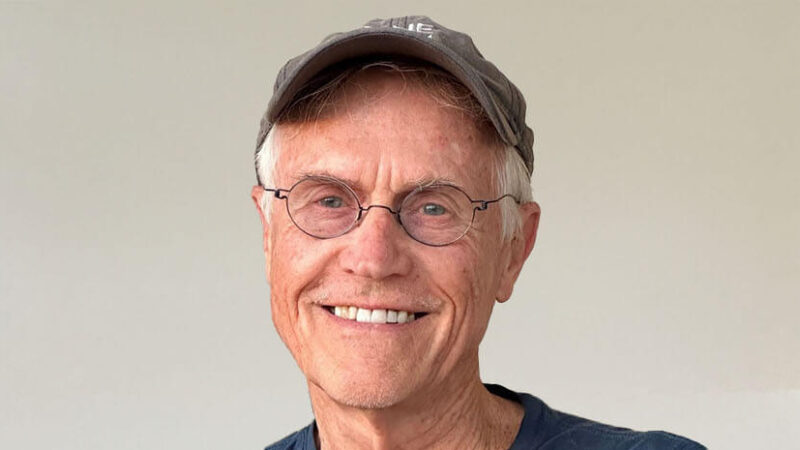How are you doing these days? Exhausted? Heartbroken? Outraged? All of the above? In this era of uncertainty and instability, you may feel like your only choice is to forge ahead and just get through the week. If so, this podcast with two beloved Sounds True authors was created just for YOU. Here, Tami Simon speaks with Seane Corn and Lama Rod Owens to hear their personal insights for navigating our rapidly-changing world from a place of deep connection to our most important values, to the people who give us strength, and to those with whom we may feel hopelessly divided.
Take a deep listen as they share about: Grounding yourself and returning to inner stability; the ongoing integration that’s needed in the post-Pandemic world; trauma, control, surrender, and liberation; honoring the natural cycles of life; dismantling systems of oppression and ushering in the selves we want to become; the power of raw truth; the skillful navigation of our grief, heartbreak, and outrage; becoming a New Saint; holding oneself accountable and continuing to do both your inner and outer work; reclaiming hope; reconnecting to your community of beloveds; the bodhisattva tradition; activism today; showing up instead of giving up; self-elevation and self-validation; and more.
Note: This episode originally aired on Sounds True One, where these special episodes of Insights at the Edge are available to watch live on video and with exclusive access to Q&As with our guests. Learn more at join.soundstrue.com.








